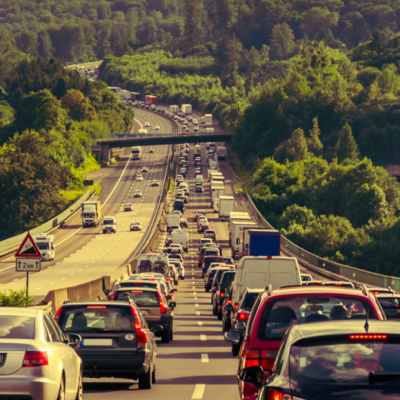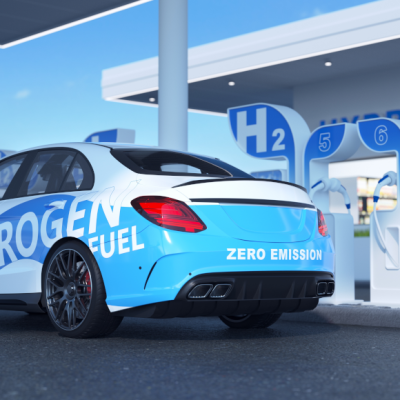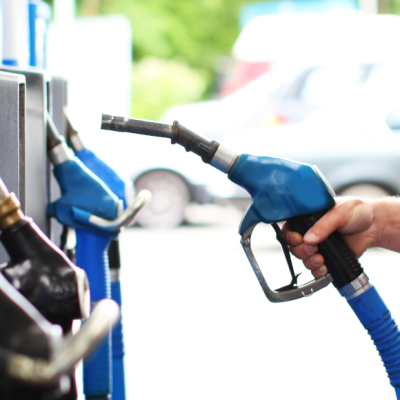Cars are responsible for a significant portion of the external costs of road transport. The only way to significantly reduce the costs borne by society is to switch to public transport and active modes of transportation. Researchers from the MCube Future Cluster at the Technical University of Munich (TU Munich) have examined the external costs of different modes of transportation. According to their publication in the journal Research in Transportation Economics, the researchers, led by Daniel Schröder, analyzed Munich’s urban traffic and found that cars are responsible for a large portion of the external costs.
The study distinguishes between internal and external costs to determine the financial burden on society from different transportation concepts that go beyond the purchase costs of vehicles. Internal costs refer to the direct expenses of transportation users, such as public transportation tickets, bookings for shared mobility services, or the purchase and use of a bicycle or car. In contrast, external costs include expenses caused by the user but borne by others, such as the provision of infrastructure such as roads, rails, or parking lots, costs resulting from accidents, delays caused by traffic congestion, and climate-related burdens, particularly CO2 emissions.
The study shows that 80 percent of all external costs are attributable to cars. The cost components vary depending on the mode of transportation: for cars, climate, congestion, and land use costs are highest, while for active modes of transportation such as bicycles and pedestrians, accident costs predominate, and for public transportation, delays and infrastructure costs are the main focus. The researchers ask central questions based on this: where can societies save the most costs, is public transportation actually permanently in deficit, and does individual transportation represent the free market?
In Munich, gasoline and diesel cars account for almost 80 percent of all external mobility costs borne by society, while the remaining 20 percent are caused by bicycles, buses, pedestrians, electric scooters, and other shared modes of transportation. The study shows that a gasoline car costs society 100 euros for a certain distance, while an electric car at 89 euros is hardly cheaper. A bicycle incurs costs of 42 euros, and a subway only 25 euros. Switching from cars to bicycles or public transportation not only reduces personal expenses but also reduces CO2 emissions, land use, and health-related costs.










